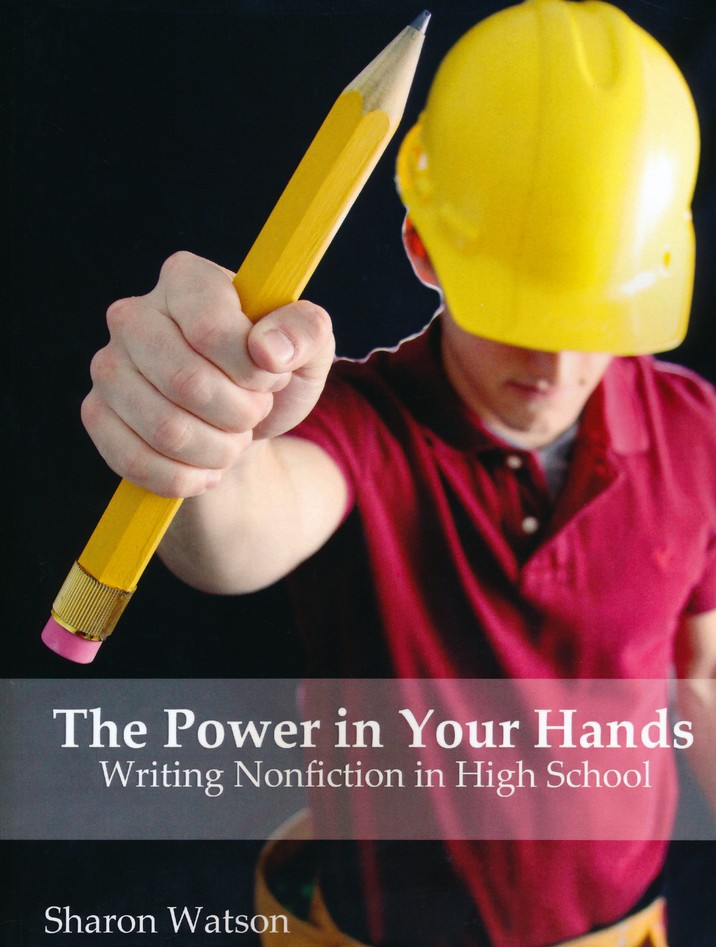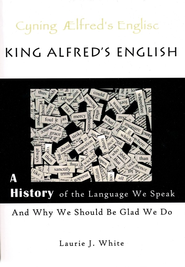Do you want to influence your readers? Do you want to grab their hearts?
Use the power of story.
There are two kinds of stories: the true ones and the fictional ones. People have been using both kinds forever, and so can you.
How to Use Nonfiction Stories
When politicians want to influence people to vote a certain way or support a particular bill, they use the true story (anecdote) of a worthy person who will benefit from this bill: a struggling, single mom; a hard-working college student sinking in student-loan debt; little children. You know: “Do it for the children.” Who can resist that?
Politicians use the tool of story, but we “normal” people can use it as well.
True story: I know a woman who was kidnaped in her youth by a convict who had escaped from a low-security prison. When a low-security prison was scheduled to be built in her neighborhood, she told her story to the newspapers and to the mayor. Eventually, because of her story, a high-security prison was built.
Do you have a personal story that can influence readers? Does a friend or relative have a powerful story that you can use to convince readers of something? Use your story! Use your friend’s or relative’s story!
(Get permission before sharing their story.)
Here’s an example of a way to use a personal story to gain support for fair treatment of people with learning disorders:
My two best friends and I had just won the regional chess tournament when one of the judges, a former teacher, came up to us.
We still wore our gold medallions around our necks and were grinning like we’d won a NASCAR race.
The judge turned to my friends. “I expect great things from you two in the coming years.” He shook their hands and smiled. Then he turned to me.
“You’d better beat that dyslexia problem, Ian, or you’ll never get anywhere,” he said.
I could feel my grin disintegrate as he walked away.
This short story appeals to the reader’s sense of pity, sympathy, and fair play. You want to engage all those emotions and have them on your side when you write about learning disabilities and how the public can treat better those who have them..
How to Use Fiction Stories
In the 1960s and ’70s, scriptwriters who supported legalized abortion wrote TV and movie scripts in which a young, worthy woman would be aided by having an abortion. The TV series Spenser: Gun for Hire featured a girlfriend who had gotten pregnant and who had an abortion.
While most viewers would have been shocked, the storyline was that the woman had a dictatorial dad, wanted to act freely and independently, and was rising in her career. A baby would have been an emotional drain on the woman. The abortion was seen as a triumph over male oppressiveness. How did the scriptwriters make it acceptable? They made the main character (the “gun for hire” who was the boyfriend) accept the idea and support the woman; therefore, the viewers had more empathy for it as well.
Here’s an example of the power of story. It is written to gain empathy for . . . well, I’ll let you read it:
“I’m going to meet my mother! I’m going to meet my mother!” Her young heart sang as it beat against her small ribs. “I hope she likes me.”
She examined her room; did she have everything she needed? She could take so little; was it enough? She couldn’t return here; that much was certain. It was time to leave.
“Will you look into my eyes?” she thought as she pushed on, leaving her cozy room behind. “Touch my cheek? Hold me to your heart? Will you say I have my daddy’s nose and your chin? May I lay in your warm arms on cold nights as we breathe together and snuggle up between the blankets?”
The journey was hard and she was alone. No more playing; no more kicking up her heels. She concentrated, concentrated, reacting to the rhythms around her, trying to be brave. She was not a timid girl, yet this was testing all her powers. A section of a tunnel appeared—she had never been here before, and the pressure squeezed uncomfortably against her soft skin and constrained her movements and made her gasp for breath, so tight, so close it was.
As she opened her mouth to cry out at the last moment of her extremity, a man in white—not an angel—drove his hand against her head and struck her sharply and deliberately with a shiny pair of surgically sterile scissors in the tender soft spot on the top of her head, choking off her gasping cry before she could take in enough air to utter it. She never reached her mother. The girl was dead.
The man who was not an angel began to harvest parts of the little girl’s body, reaping where he had not sown, selling a dead thing into slavery, forcing her to toil without pay or reward while he, her master, became rich. Parts of her he sold to scientists who would use her young, delicate cells to grow kidneys and other spare parts for old men and the ever-present ill. Other parts he sold to research companies, donating her precious organs, tissues, tendons, nerves, and even her brain without her permission. The rest he threw away in the biohazard garbage can in the corner.
Her mother never saw her eyes or touched her face. She was not allowed to see the disassembled nose and chin, the collapsed face. She would never feel the pudgy warmth of the soft body that was ripped apart in the name of convenience, population control, science, beauty, and greed. She would not be hearing a playful voice from this dead baby. The two would never meet.
What impact does this story have on you?
Use the power of story to influence your readers and capture their hearts.
And be smart enough to know when the power of story is being used to sway you to a view that goes against clear thinking or the principles in the Bible..And be
Now it’s your turn: Choose an idea or issue you want to influence people about. Then use a personal story (anecdote) from your own life or from the life of someone you know to gain empathy for your idea or issue. Or write a short story to influence readers about a certain idea or issue.
Copyright © 2002-2015 by Sharon Watson
Note: The above examples are taken from The Power in Your Hands: Writing Nonfiction in High School.
Teachers, connect with Sharon on Facebook or Pinterest!
 Are your writers struggling? Do you wish you could figure out why your children won’t write? Would you love to have a peaceful writing class experience?
Are your writers struggling? Do you wish you could figure out why your children won’t write? Would you love to have a peaceful writing class experience?
Help your struggling writers—and you!—by identifying five hurdles to writing. Then learn practical actions you can take against those hurdles.
This article by me in The Old Schoolhouse magazine is also loaded with links to other helpful posts that will give you and your writers some welcome relief.
Click here to drain some of the tension from your writing class
Frustrated that your students don’t finish an essay or don’t know the steps to complete one? Worry no more! Click here for my latest article in The Informer about a super-practical writing schedule you WILL use!













